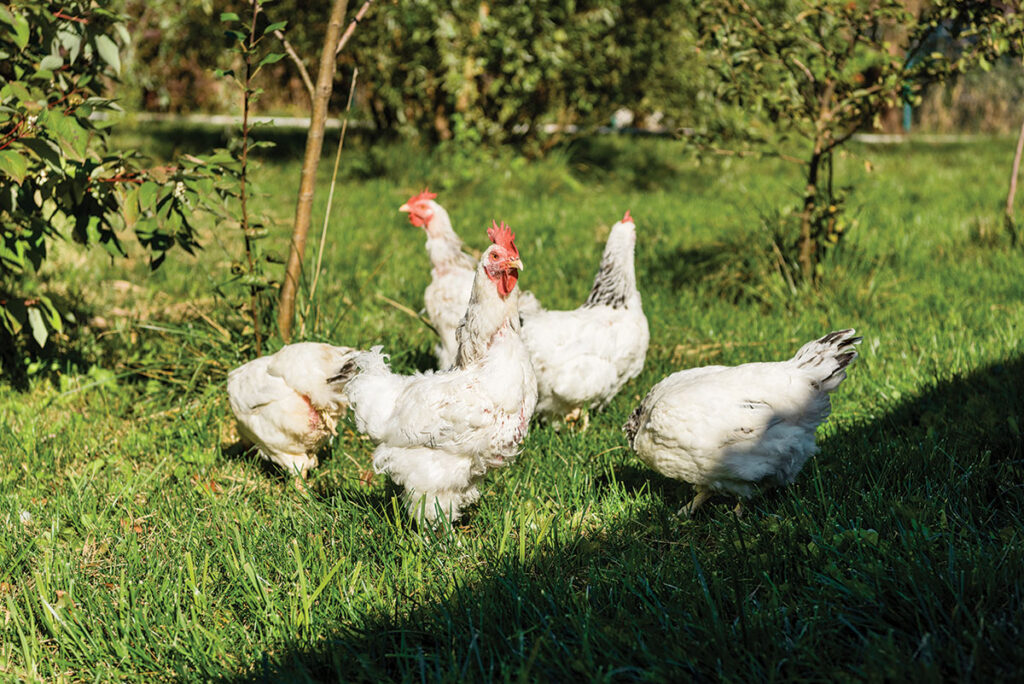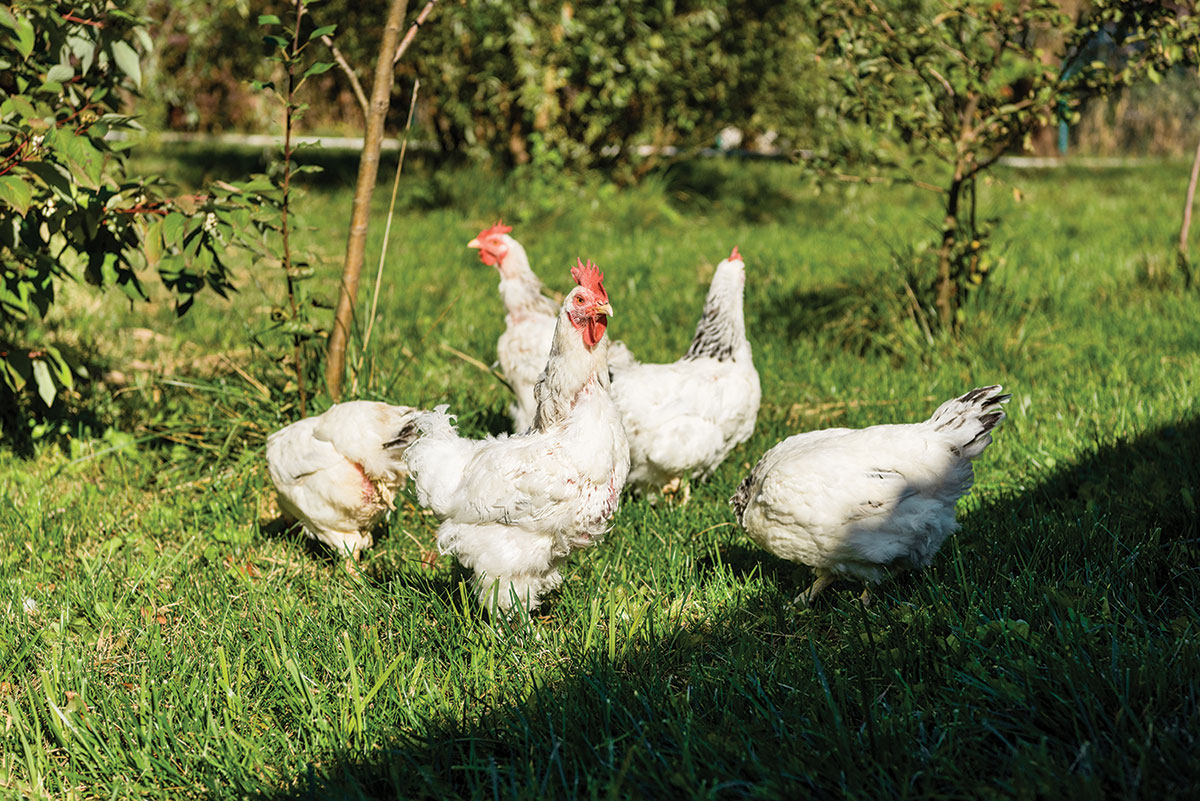
Testing and monitoring is critical
Disease control plans and biosecurity measures for hobby farms and backyard flocks are becoming more essential to prevent infection and disease throughout a small flock.
There are no specific poultry breeds that are resistant to disease. This is why taking biosecurity measures and implementing disease control plans are vital to small flocks.
“Resistance is primarily all down to the individual bird,” said Zac Williams, an extension specialist in poultry husbandry and management.
The National Poultry Improvement Plan became operational in 1935 with a, “focus on certifying breeding stock, bird performance, and the elimination of bacillary white diarrhea,” according to the USDA website.
This program now includes testing and monitoring for a variety of diseases.
With the range of testing, farmers can ensure the health of their flock and continue monitoring them. The program is also required for any bird that moves across state lines, said Williams.
Farmers can find official state agents on the national poultry improvement plan website. These agents will aid in adding a flock to the plan and may have additional information.
Establishing biosecurity measures on farms is another way that poultry growers keep their flocks from contracting disease or infection.
“The commercial industry does a really good job through biosecurity,” said Williams.
Biosecurity of commercial farms can be modified for small flocks. Biosecurity is both structural and operational measures followed on a farm.
Structural biosecurity deals with the “physical construction and maintenance” of farms, according to the USDA website. Operational biosecurity is the management of the farm such as the proceures taken.
A large part of the biosecurity that the commercial industry uses is “…keeping farms isolated and keeping stuff out,” he said.
By being isolated and keeping pests away, the flock has a decreased chance of disease transmission.
“Rodents and bugs are a big concern because they can carry diseases,” said Williams.
In certain environments, birds may become more susceptible to disease and infection.
“As far as the environment goes, make sure it’s nice, where they aren’t stressed,” he said.
Williams suggested that farmers should make sure that the birds stay inside where they cannot get wet on rainy days to cut down on infection within the flock. Also, farmers should make sure the bird’s temperature stays adequately regulated, especially on hot or chilly days.






